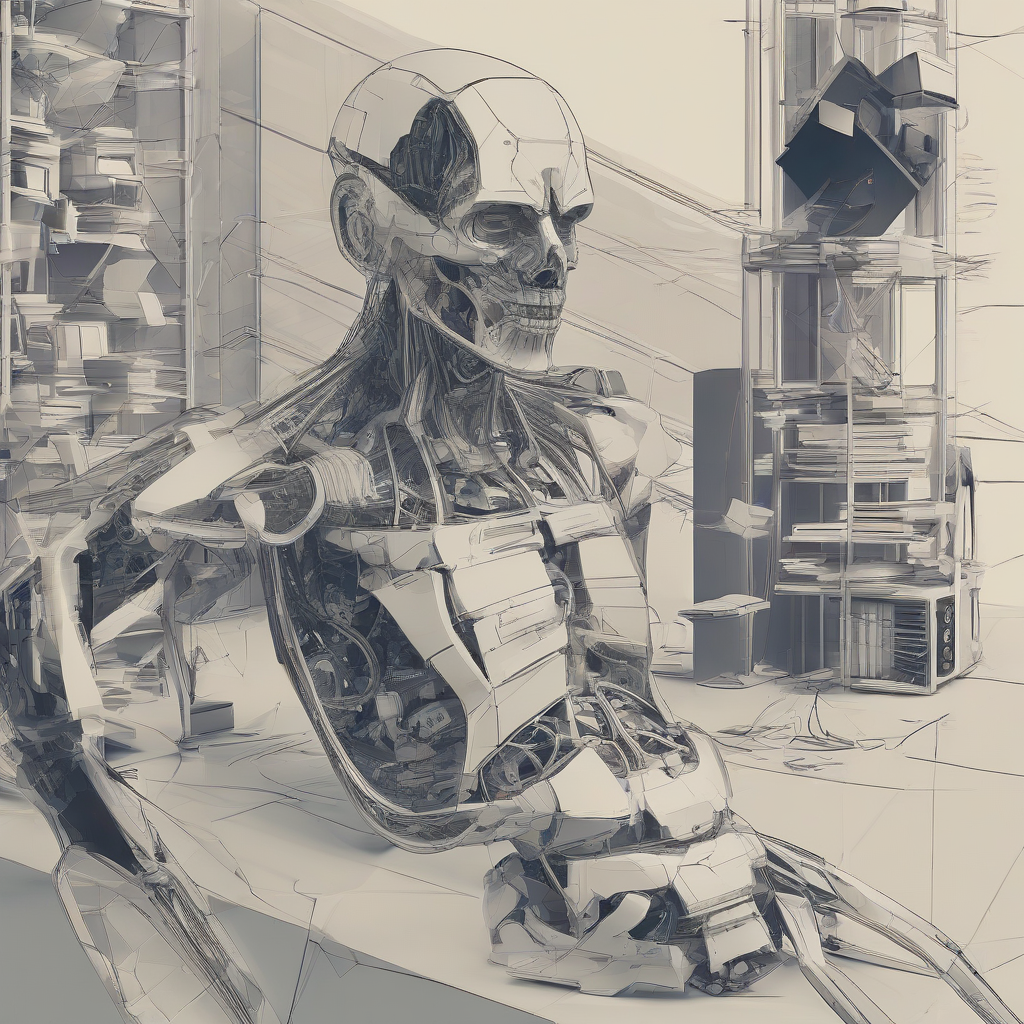
Navigating the Complexities of Auto Accident Claims: A Comprehensive Guide for Injured Parties
Being involved in an auto accident can be a traumatic experience, leaving victims dealing with physical injuries, emotional distress, and the daunting task of navigating the insurance claim process. Understanding your rights and responsibilities is crucial to securing fair compensation for your losses. This comprehensive guide will walk you through the intricacies of pursuing a lawyer auto accident claim, from the initial steps to negotiating a settlement or pursuing litigation.
Immediate Actions After an Auto Accident
- Ensure Safety: Check on yourself and others involved for injuries. Move vehicles to a safe location if possible, avoiding further accidents.
- Call Emergency Services: If anyone is injured, call 911 immediately. Medical attention is paramount.
- Document the Scene: Take photos and videos of the accident scene, including vehicle damage, injuries, and traffic conditions. Note the location, time, and weather conditions.
- Gather Information: Exchange information with other drivers involved, including names, addresses, phone numbers, insurance details, driver’s license numbers, and license plate numbers.
- Obtain Witness Information: If there are witnesses, collect their names and contact information.
- Report the Accident: File a police report, even if injuries appear minor. This report serves as crucial documentation in your claim.
- Seek Medical Attention: Even if you feel fine initially, see a doctor promptly. Some injuries may not manifest immediately.
Understanding Liability in Auto Accidents
Determining liability is crucial in an auto accident claim. Liability refers to who is at fault for the accident. In many cases, liability is straightforward, with one driver clearly at fault. However, in some instances, liability can be complex, involving multiple parties or unclear circumstances. Factors considered in determining liability include:
- Traffic Laws: Did either driver violate traffic laws, such as speeding, running a red light, or failing to yield?
- Witness Testimony: Do witness accounts support one driver’s version of events over another?
- Police Report: The police report often provides a summary of the accident and may indicate fault.
- Vehicle Damage: The extent and location of damage to the vehicles can provide clues about the impact and the sequence of events.
- Expert Analysis: In complex cases, accident reconstruction experts may be consulted to determine the cause of the accident.
Contacting a Lawyer
After an accident, contacting a personal injury lawyer specializing in auto accident claims is highly recommended. A lawyer can help you navigate the complex legal and insurance processes. Here’s what a lawyer can do for you:
- Investigate the Accident: Your lawyer will conduct a thorough investigation to determine liability and gather evidence.
- Negotiate with Insurance Companies: Your lawyer will negotiate with insurance adjusters on your behalf, aiming to secure a fair settlement.
- File a Lawsuit: If a settlement cannot be reached, your lawyer will file a lawsuit to pursue your claim in court.
- Handle Documentation: Your lawyer will manage all the paperwork and legal filings associated with your claim.
- Represent You in Court: If your case goes to trial, your lawyer will represent you in court and advocate for your rights.
Types of Damages in Auto Accident Claims
In an auto accident claim, you can seek compensation for various types of damages, including:
- Medical Expenses: This includes expenses for doctor visits, hospital stays, surgeries, medications, physical therapy, and other medical treatments.
- Lost Wages: If your injuries prevent you from working, you can recover lost income.
- Property Damage: This covers the cost of repairing or replacing your damaged vehicle.
- Pain and Suffering: This compensates you for the physical pain, emotional distress, and mental anguish caused by the accident.
- Loss of Consortium: If your injuries affect your relationship with your spouse or partner, you may be able to recover damages for loss of consortium.
- Future Medical Expenses: If you are likely to require ongoing medical care, you can claim for future medical expenses.
- Future Lost Wages: If your injuries will prevent you from working in the future, you can claim for future lost wages.
The Insurance Claim Process
The insurance claim process can be lengthy and complex. Here’s a general overview:
- File a Claim: Notify your insurance company about the accident and file a claim as soon as possible.
- Provide Documentation: Gather and submit all relevant documents, including the police report, medical records, photos of the accident scene, and repair estimates.
- Negotiate with the Insurance Adjuster: The insurance adjuster will assess your claim and make an offer. It is advisable to have your lawyer handle this negotiation.
- Settlement or Litigation: If you and the insurance company can reach an agreement, you will receive a settlement. If not, your lawyer may file a lawsuit.
Negotiating a Settlement
Negotiating a settlement with an insurance company requires careful consideration. Your lawyer will play a crucial role in this process, advocating for your best interests. Key aspects of settlement negotiation include:
- Assessing the Value of Your Claim: Your lawyer will determine the total value of your damages, considering all factors mentioned earlier.
- Evaluating the Insurance Company’s Offer: Your lawyer will analyze the insurance company’s offer and determine if it is fair and reasonable.
- Negotiating a Higher Settlement: Your lawyer will negotiate with the insurance adjuster to secure a higher settlement that adequately compensates you for your losses.
- Understanding Settlement Agreements: Your lawyer will help you understand the terms of the settlement agreement before you sign it.
Filing a Lawsuit
If settlement negotiations fail, your lawyer may file a lawsuit to pursue your claim in court. This is a more formal process, involving:
- Filing a Complaint: Your lawyer will file a complaint with the court, outlining the facts of the accident and your damages.
- Discovery: Both sides will engage in discovery, exchanging information and evidence.
- Trial: If the case cannot be settled, it will proceed to trial. Your lawyer will present your case to a judge or jury.
- Judgment: The court will issue a judgment, determining liability and awarding damages.
Choosing the Right Lawyer
Selecting a qualified and experienced personal injury lawyer is crucial for a successful auto accident claim. Consider the following factors when choosing a lawyer:
- Experience: Choose a lawyer with a proven track record of success in handling auto accident cases.
- Reputation: Look for a lawyer with a strong reputation and positive client reviews.
- Communication: Choose a lawyer who communicates effectively and keeps you informed throughout the process.
- Fees: Understand the lawyer’s fee structure and payment terms.
- Specialization: Seek a lawyer specializing in personal injury law, preferably with experience in auto accidents.
Conclusion (Omitted as per instructions)


